Problems in Mobile App Testing
Mobile market has shown a phenomenal growth over the years and guess who is responsible for such tremendous success- undoubtedly, it is the mobile application market and evidently its progress appears to be indomitable even in coming years. As per the research, mobile applications are expected to generate around 189 Billion USD revenue figure by 2020 merely by means of app stores and in-app advertising.. As this stream of Mobile application gets strengthened, the competition to make each app unique and effective grows even stronger. The real challenge is to maintain the competitiveness by keeping up with this fast changing industry. With so many variations in the mobile devices, it becomes a challenge in the mobile app testing to succeed in ‘All-Device’ scenario.
Here are the most common challenges faced in the mobile application testing:
1. Multiple Devices
2. Networks
3. Choice of tools
4. Screen Sizes
5. Types of Mobile Apps
6. AI Test Automation
1. Multiple Devices: As the mobile market is growing, it’s coming up with more advanced features that before. This becomes a challenge when mobile apps are incompatible with different Operating systems. A mobile app that runs smoothly in one OS might not work well in the other operating system and in different versions of it.
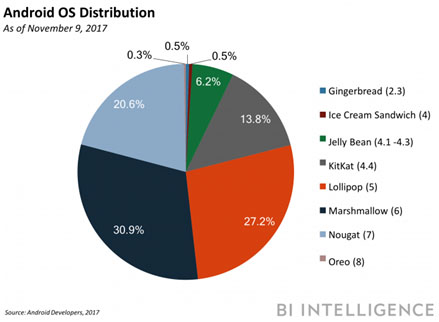
2. Networks: This factor has the most impact on the performance of the mobile application which effects the experience of the app even more. The Wi-Fi speeds, signal strengths or the network drops can cause a bad taste in the mouth of the end user. Since all the network carriers are supporting different data volumes, it is important to test the bandwidth usage. A mobile app tester has to consider all these factors and ensure the app runs smoothly on all networks.Testing on real networks is a fundamental practice to check the existent challenges of testing. In order to cater to this situation, pCloudy offers such a testing environment where the user can test their apps on different network conditions on real mobile devices on cloud.
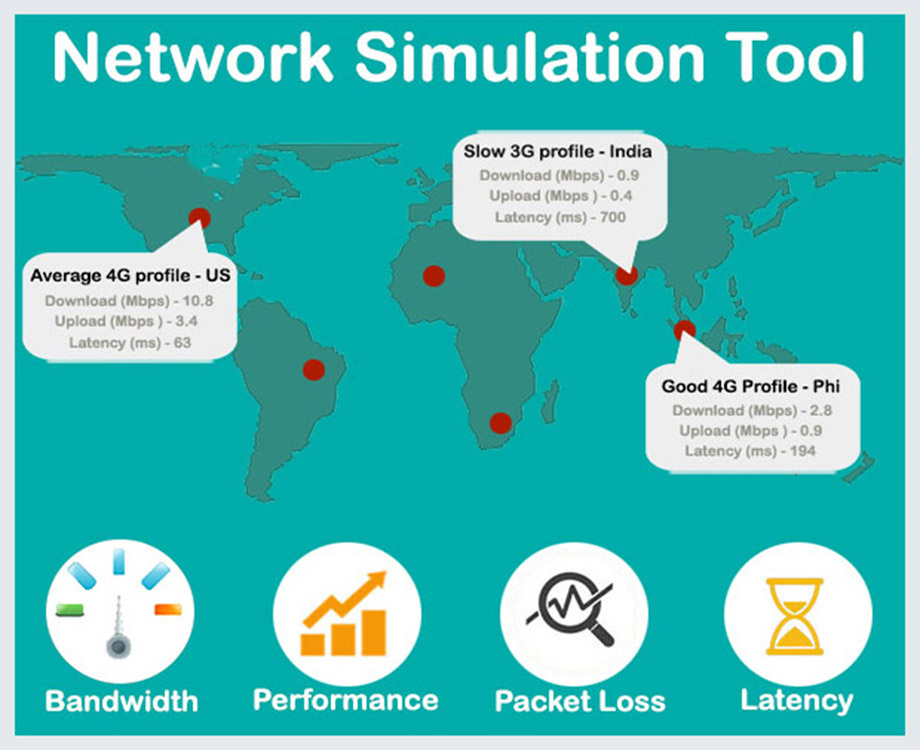
3. Choice of tools: Testing is the vital aspect of Mobile App Development life Cycle and there are myriads of tools available in the market. pCloudy offers access to tools like Espresso, Appium, Selenium, OpKey, Calabash, Jenkins and many more. Choosing the right tool as per the requirement is the most important decision. The efficacy of MAT process would completely depend upon the competency of the Test-automation tool.
Things to consider before tool evaluation:
- Type of apps: Apps can be native, hybrid or web. While the trend is inclined towards hybrid apps but the tool of choice should be competent enough to support other kinds of apps.
- Cloud Testing: Implementing a test automation cloud empowers teams to perform testing on any automation external testing framework .Moreover, the test results can be accessed from any location worldwide.
- OS Support: Most of the apps are developed for IOS and Android but the scope can expand to Windows, Firefox OS, etc., anytime as the customer base increases. So, the automation tool should be able to support all platforms.
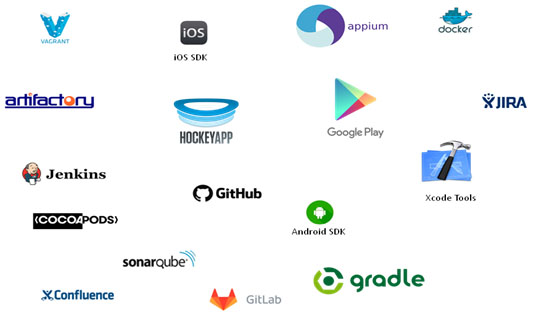
4. Screen Sizes: There are numerous devices-Android or IOS, available with different screen sizes. It is quite a challenge to test for each screen size. IOS mobile app developers who mostly focus on pixel perfect screen design now have to focus more on adaptive without changing all necessary screen elements. So, the businesses have no choice but to change their mobile app design as per the screen size of the devices to offer a top- notch user experience.
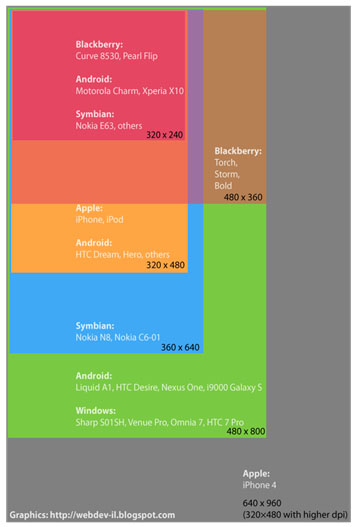
5. Types of Mobile Apps: Mobile apps can be based on either of these three architectures-native , hybrid or web application. All these types have different test case scenarios, and have different app behavior from installation to functionality.The decision of how the app will be tested depends on all these aspects.
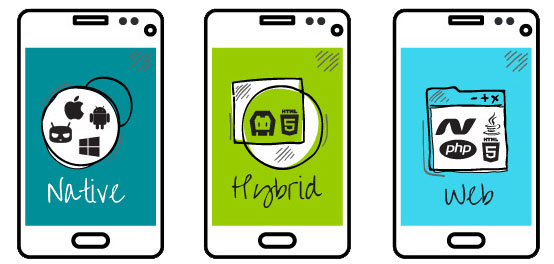
6. AI Test Automation: AI testing automation has become a vital part of the testing world and is the future of automated app testing. AI Bots can create test cases automatically, generate test codes etc., just by defining a specific testing goal and by providing the initial stage inputs. People still believe in traditional test approach without encouraging and believing testing by Bots at the times when Automated AI testing bots are the Golden Key to MAT automation success.
A good mobile app testing strategy would include a right mix of testing on real devices, user testing and bot testing all at a single platform.
pCloudy provides a biggest cloud platform for automated and manual testing of mobile apps on real devices. It has its own cluster of real devices hosted on cloud to test IOS and Android Apps. Visit pCloudy to choose your plan for availing the best MAT services.









